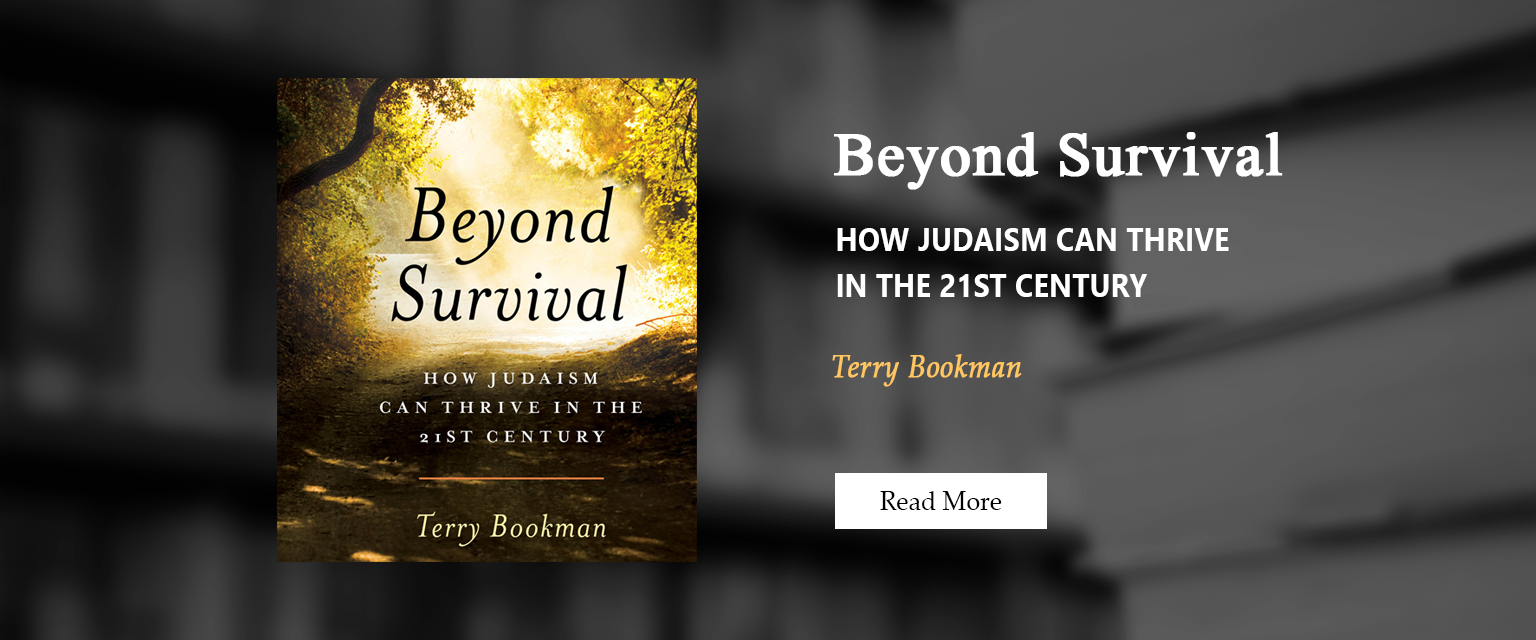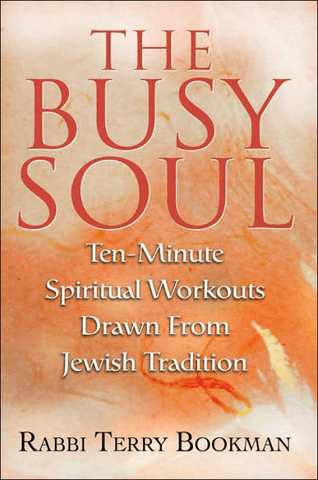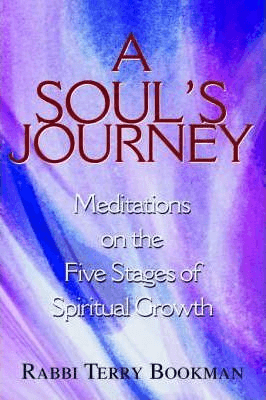|
Redeployment (It’s Not Your Parents’ Retirement): A Primer on Letting Go
In his book, A Man called Ove, Fredrik Backman writes, “How can anyone spend their whole life longing for the day when they will become superfluous? Wandering about, a burden on society, what sort of man would wish for that? Staying at home, waiting to die. Or even worse: waiting for them to come and fetch you and put you in a home. Being dependent on other people to get to the toilet. Ove can’t think of anything worse.” If that even closely reflects the average attitude toward the period of time commonly called “retirement” no wonder most people look at it with dread. After all, who wants to be a “useless burden?” Once upon a time, and not so very long ago, retirement meant a single period of time in which people stopped their productive years, spending the rest of their lives in innocuous pastimes like golf and mah jong. But with expanding longevity, what we are witnessing is not one monochromatic stretch of time; rather, a number of distinct periods which look very different, one from the other. For example, immediately after retiring a person might travel to places on their Bucket List; consult in their profession; continue to work part-time; audit classes at a nearby university; volunteer for a worthy cause; or even start a new business. Years later they might move to a warmer climate, or to be near grandchildren, or just to downsize. A third period of time might see yet another move to a senior or an assisted living facility. A fourth period might have them switching to a nursing home, or having an aide move in with them, or living with an adult child. What I am saying, increasingly, retirement is no longer one thing but a series of different things, and rather than call it “retire-ment” indicating a loss of activity, creativity, and energy, I like to refer to it as “redeployment” as our energies are alternatively engaged and in many ways just as or even more active than in our years of primary employment. Western society is overly focused on our doing and productivity, the so-called “Protestant work ethic.” While there is certainly nothing wrong with actively engaging in the world, we too often believe that a person’s worth is inextricably intertwined with their ability to work for a salary at a job or profession. We even go so far as creating identity confusion, equating a person with the work they do—he IS a lawyer; she IS an engineer. But I am not my job. No one is. We even imbue this false consciousness in our little children. When we ask a child “what do you want to BE when you grow up?” and they answer, “a firefighter or a physician or a teacher” we give them lots of kudos. But what we DO is not who we BE! Hopefully, what we do with our lives is an expression of our being. But in the end, a job, no matter how worthy, no matter how much we love it, is merely a tool. When we stop working at our professions which most of us will do at some point in our lives, we are not worth less, nor are we worthless nobodies. You see, our being is much larger than any of our doing; it precedes it and lasts longer. Our being is who we are and what we exist to be; our essential energy; what we call in religious terms, the soul or destiny. Our doing, no matter how important or fulfilling is always temporary. Our being, on the other hand, lasts our entire life and perhaps even beyond. [Want to learn more about this? See my video on YouTube https://www.youtube.com/channel/UCmzxRIOpB8bNTLkbTmF7Edg In Still Here, Ram Das teaches that there are three stages of life—birth and growth to figure out who we are; the middle years in which we make our mark in the world, raise our children, build our home; and the last third which he suggests ought to be devoted primarily to our BE-ing, to finally figuring out who we are minus all the titles and tasks. Released from the frenetic need to produce, redeployment is a perfect time to focus on our BE-ing. This is not to say there will be no doing. Most of us like to be busy and become easily bored when we have little or nothing to do. However, the doing takes on a whole new meaning when it is made fully from your Be-ing and freely out of choice, rather than a sense of “have to.” If you are ready to redeploy, DON’T PANIC! I suggest you reject the rush to doing, the kneejerk default position to fill your days with lots of new activities (which your friends said is a “must” if you are going to be happy in retirement) and instead, take at least one year to say “no” to all the well-intentioned asks meant to keep you busy*. Instead, breathe. Trust the universe, allowing what needs to be present to just show up in your life. And when people inevitably ask you, “What are you doing with all that free time these days?” just say, “I am BEING!” Then smile. *My one year turned into two. Just saying.
0 Comments
Leave a Reply. |
Blogs and VideosArchives
January 2021
Categories |
|
I exist to be a connector—connecting people to themselves (allowing for awareness and insight, as well as wholeness and personal growth); to one another (creating sacred community); and to God (linking themselves to a Higher Purpose in all they do in life).
|
©2021 Eitzah, Inc. All rights reserved.







 RSS Feed
RSS Feed
